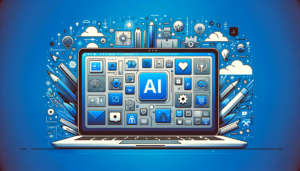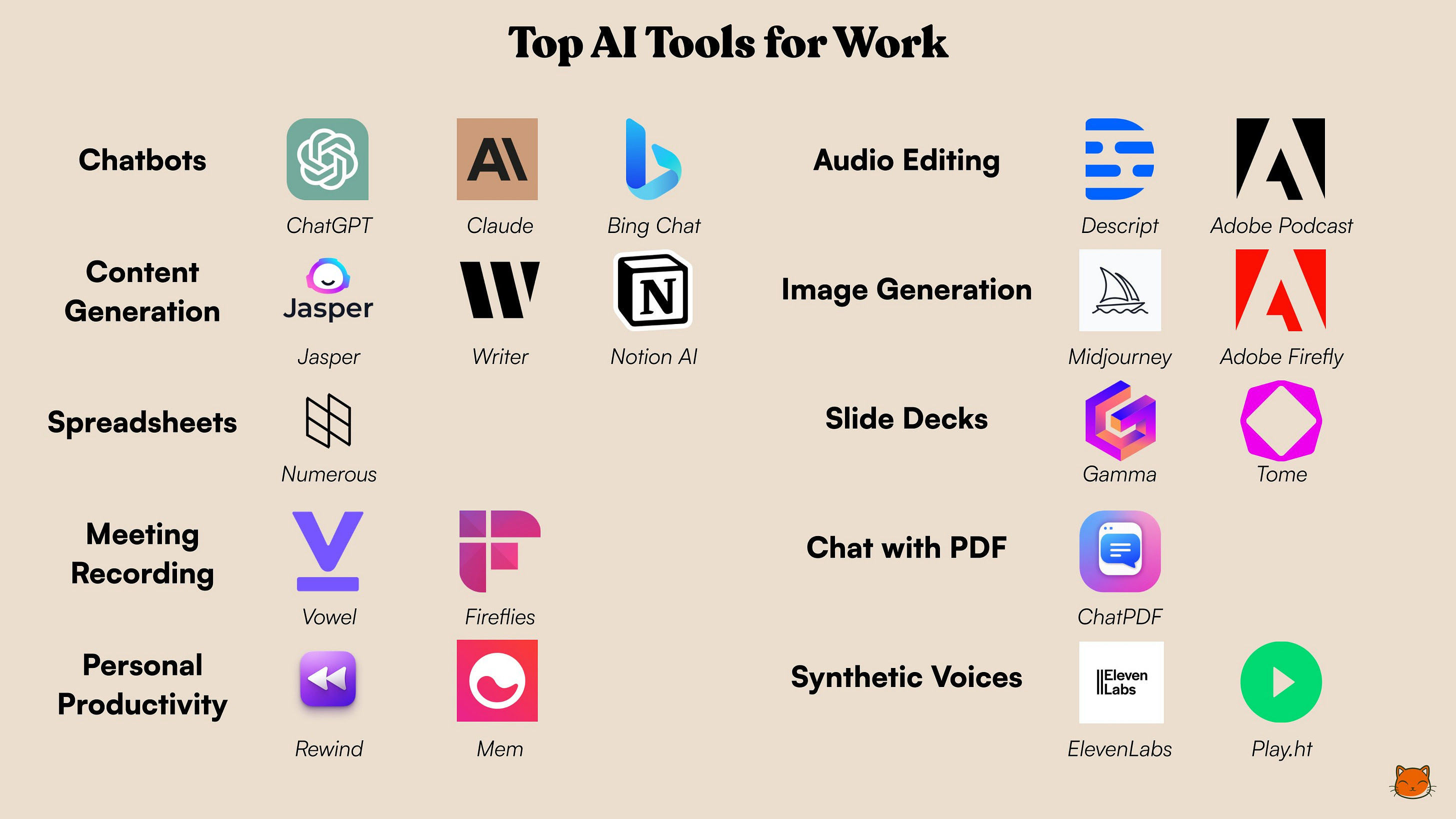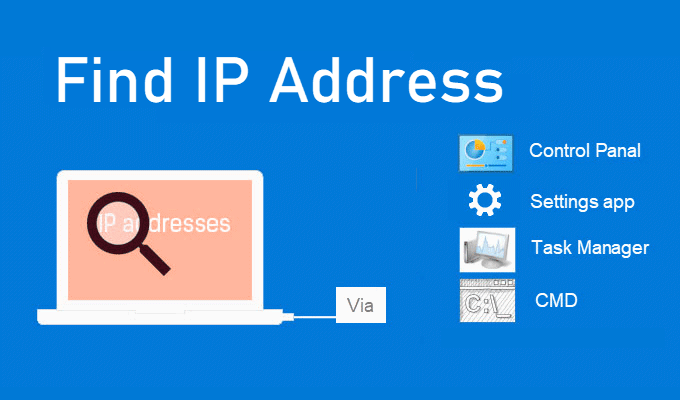Artificial Intelligence (AI) has emerged as a transformative force across various industries, streamlining processes, enhancing efficiency, and unlocking new possibilities. In this era of digital innovation, businesses are increasingly leveraging advanced AI tools to gain a competitive edge. In this article, we will explore the top 10 AI tools available in the market, each contributing significantly to reshaping the landscape of technology.

- TensorFlow:
At the forefront of AI tools is TensorFlow, an open-source machine learning framework developed by the Google Brain team. This versatile tool empowers developers to build and deploy machine learning models seamlessly. TensorFlow’s flexibility allows it to be employed in a wide array of applications, from image and speech recognition to natural language processing.
- PyTorch:
PyTorch is another powerful open-source machine learning library that has gained immense popularity among researchers and developers. Known for its dynamic computational graph, PyTorch offers a more intuitive and Pythonic approach to building and training deep learning models. Its popularity has grown rapidly, making it a preferred choice for AI enthusiasts and professionals.
- IBM Watson:
IBM Watson stands out as a comprehensive AI tool that combines machine learning, natural language processing, and data analytics to provide advanced cognitive capabilities. Watson has found applications in healthcare, finance, and customer service, showcasing its versatility and adaptability to diverse industries.
- Microsoft Azure AI:
Microsoft Azure AI is a cloud-based platform that offers a wide range of AI services, including machine learning, computer vision, and language understanding. It enables developers to integrate AI capabilities into their applications without the need for extensive expertise in machine learning. Microsoft Azure AI’s scalability and accessibility make it a valuable asset for businesses of all sizes.
- Google Cloud AI:
Google Cloud AI provides a suite of AI tools and services that leverage Google’s extensive expertise in machine learning. From pre-trained models for vision and language to custom machine learning solutions, Google Cloud AI empowers organizations to harness the power of AI in a cloud-based environment. This tool is particularly advantageous for businesses seeking scalable and reliable AI solutions.
- Amazon SageMaker:
Amazon SageMaker is an integrated machine learning platform offered by Amazon Web Services (AWS). It simplifies the machine learning workflow, from data labeling and model training to deployment and monitoring. With SageMaker, developers can accelerate the development and deployment of machine learning models, making it a go-to choice for businesses relying on AWS infrastructure.
- OpenCV:
OpenCV, short for Open Source Computer Vision Library, is a widely used AI tool for computer vision applications. It provides a plethora of functions and algorithms that facilitate image and video processing, object detection, and facial recognition. OpenCV’s versatility and robustness have made it an essential tool for researchers, developers, and engineers working in the field of computer vision.
- H2O.ai:
H2O.ai is an open-source platform that simplifies the process of building and deploying machine learning models. Known for its user-friendly interface and automated machine learning capabilities, H2O.ai caters to both novice and experienced data scientists. Its AutoML functionality makes it a valuable tool for organizations looking to implement machine learning with minimal manual intervention.
- Keras:
Keras, now integrated with TensorFlow, is a high-level neural networks API that simplifies the development of deep learning models. With its user-friendly interface, Keras allows developers to quickly prototype and experiment with neural network architectures. Its integration with TensorFlow ensures compatibility with one of the most popular machine learning frameworks, enhancing its appeal to the AI community.
- RapidMiner:
RapidMiner is an end-to-end data science platform that encompasses data preparation, machine learning, and model deployment. It offers a visual interface for building and deploying machine learning workflows, making it accessible to both technical and non-technical users. RapidMiner’s versatility makes it suitable for various industries, including finance, healthcare, and manufacturing.
the top 10 AI tools outlined in this article exemplify the diversity and innovation prevalent in the field of artificial intelligence. From open-source frameworks like TensorFlow and PyTorch to comprehensive platforms like IBM Watson and Microsoft Azure AI, these tools cater to a wide range of applications and industries. As businesses continue to embrace the transformative potential of AI, these tools serve as indispensable assets in driving innovation, efficiency, and competitiveness. The evolution of AI tools is a testament to the ongoing advancements in technology, promising a future where AI continues to shape and redefine our digital landscape.






